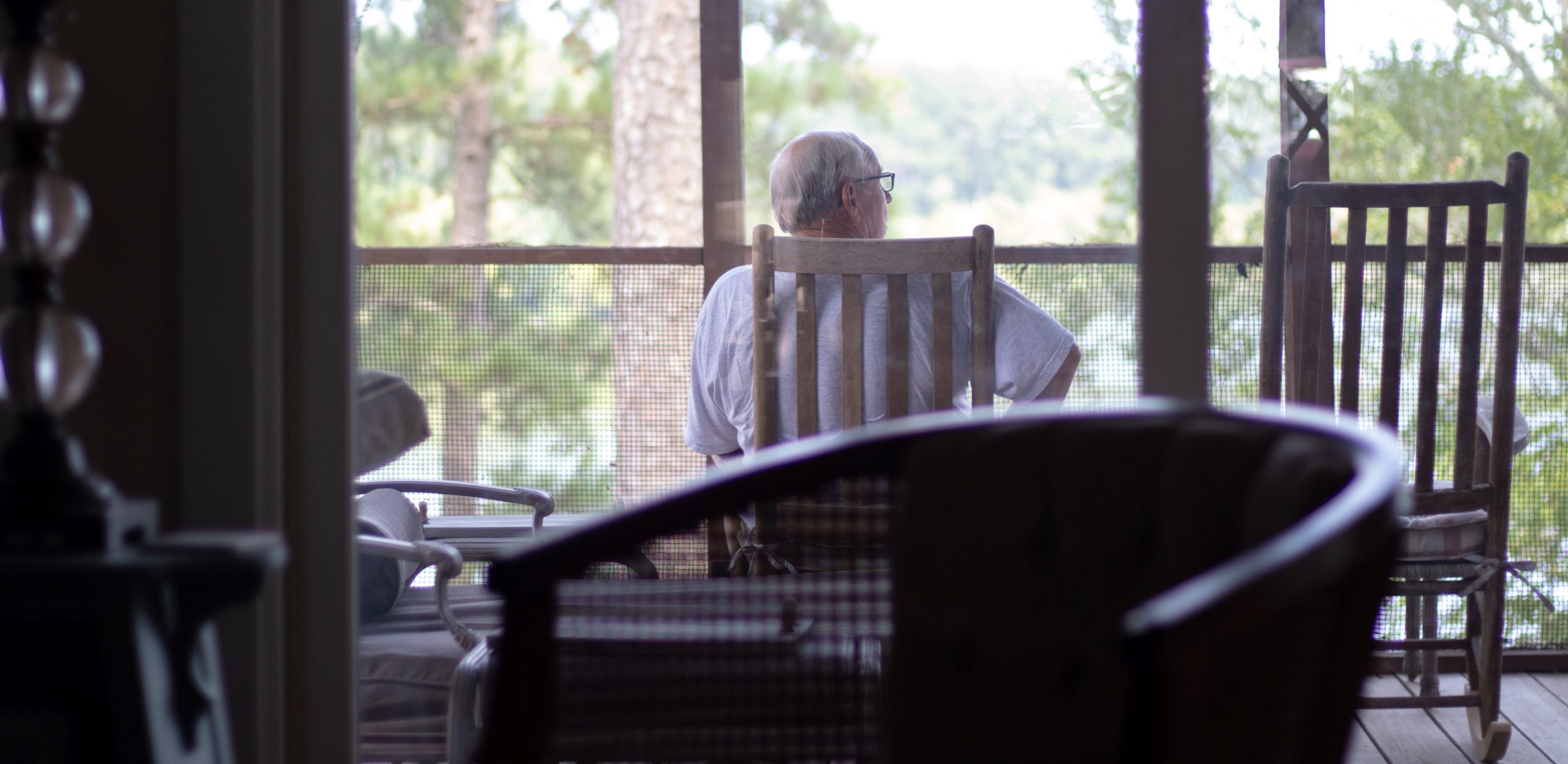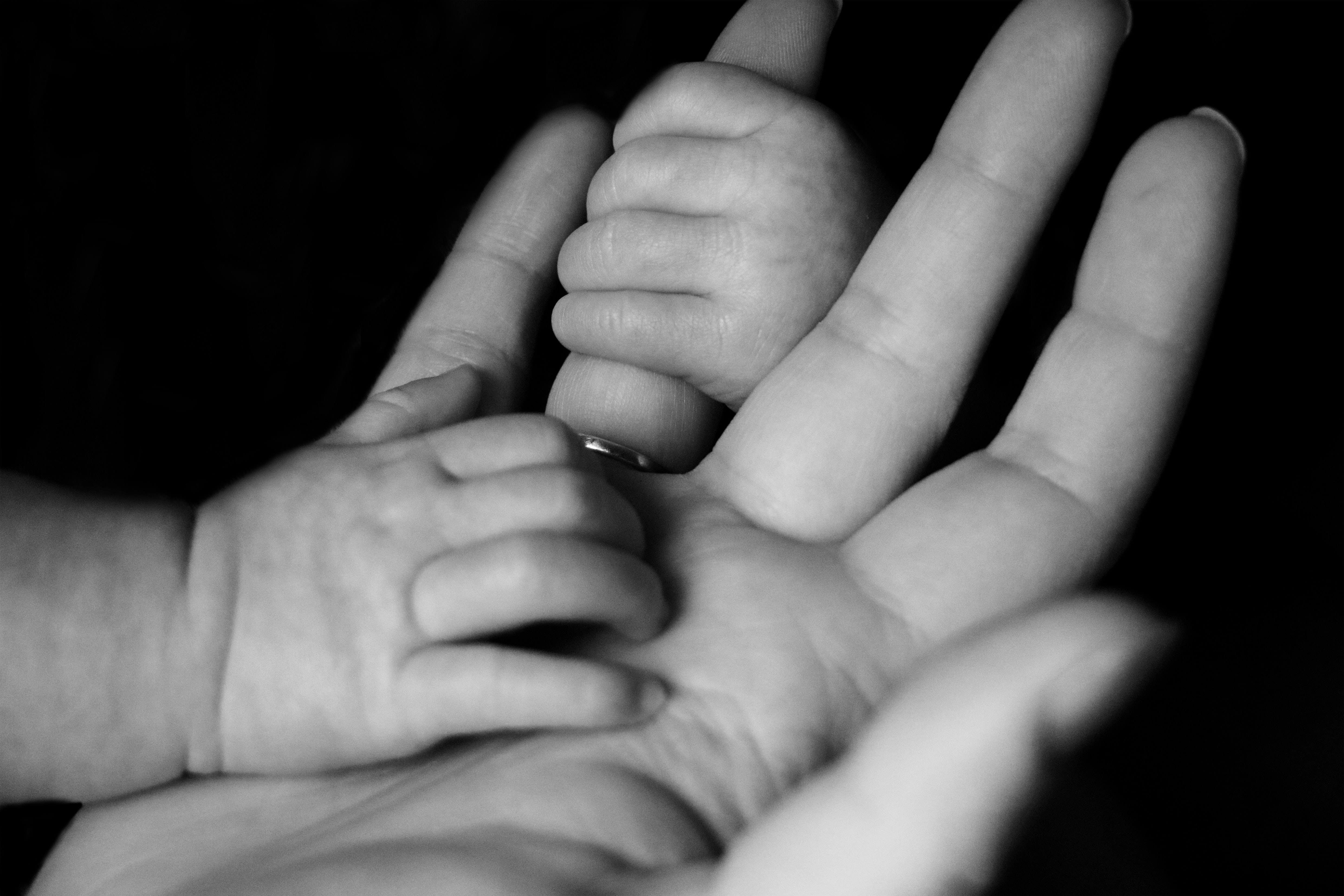
by rossanahead | Mar 9, 2012 | career, children, Education, family, grandparenting, woman
By Jane Santos-Guinto
It was my grandfather Lolo Manny who taught me how to read. He was a journalist for the South China Morning Post, one of Hong Kong’s two largest English newspapers at the time. But on weekends, he would teach me the rudiments of consonant-vowel-consonant blending.
Lolo comes from a family of educators. Both his parents were public school teachers in Agusan del Norte, a province in Southern Philippines. Up until her death in the 1970’s, his mother Lola Victorina was the Dean of the Northern Mindanao Colleges. Dean Francisco Benitez of the University of the Philippines and Sen. Helena Benitez of the Philippine Normal University are distant relatives.
Lolo taught himself how to read when he was barely four in 1938. By eight, he had already read Shakespeare’s entire collection, all volumes of the Encyclopedia for Children, and the Bible. World War II had broken out and children could not go to school, so Lolo Manny took care of his own education. “There was nothing else to do but read,” he would tell us his grandchildren later.
Ironically, Lolo never completed his formal education. He had married quite young, at 20, and when one child came after the next, there really was no time to study. But because he was exceptionally bright, having been a consistent honor student and later a top-scorer in the Civil Service Exam, he went on to have a career that many would consider stellar.
For a while, he taught in a public school like his parents. But when there were too many mouths to feed out of a teacher’s pay, he went to Manila and tried his luck in his real passion—writing. He wrote for the Times Journal with some of the country’s most noteworthy newsmen. At times, it still amazes me to find out whom he had worked with. In 1967, he became the first Filipino journalist to be sent by a local newspaper to Cardiff, England for a certificate course in journalism. For a time, he was one of the writers of Sen. Benigno Aquino Jr., one of the country’s most prominent heroes.
During Martial Law in the 1970’s with eight children, Lolo grabbed the opportunity to work in Hong Kong. This is where he mastered his craft for 20 years or so. And where he would tutor us his first few grandchildren in a tiny tenth floor apartment (or flat as the British-influenced Hong Kong Chinese would call it).
I don’t know if it was out of fear that I learned to read so quickly under my Lolo’s watch. After all, he had a feisty temper, one that I had witnessed on many occasions when I was young. By five, I was writing my own stories. He would bring me to company outings and introduce me to his journalist friends. Having always been on the petite side, I would stretch out my little hand to greet his British colleagues. One time, Lolo said I told them a made-up story, The Monkey and His Briefs.
In the late 1980’s, Lolo went back to the Philippines and became the editor in chief of The Manila Times. After retirement from full-time journalism, Lolo wrote chess columns for the Philippine Star and self-published a weekly chess newsletter for the players of the Quezon City Memorial Circle’s Chess Plaza. These days, he prefers to watch cable movies and exchange jokes with his great grandchild. He has survived three heart attacks and professes he has “no desire for anything else from life.”
Sometimes I wish I were a more diligent pupil; that I followed his advice to read, read, and read more. My knowledge of geography and world affairs is so poor that I squirm every time my 77-year-old Lolo asks his pop-up trivia questions. I salute the University of the Philippines for a great education, but I still feel inept in many areas. There are so many things I wish I knew more about.
I just hope that my own children would have a trickle of Lolo’s brilliance in their blood and pray every day that they would come soon enough to meet my first teacher and greatest mentor, their great grandfather Lolo Manuel O. Benitez, Sr.
Photo by Ian Noble on Unsplash

by rossanahead | Dec 20, 2011 | children, family, grandparenting, parenting, Ruth M. Floresca
By Ruth Manimtim-Floresca
A friend of mine shared something on his Facebook wall last night. It’s a link to a story he wrote about his dad. Soon after, other friends, including myself, started sharing our own experiences as sons and daughters.
Most of us acknowledged that our parents are human beings too and are bound to make mistakes like we do. We may have been hurt by some of the things our dads and moms did during our growing up years, but we recognize that we have done stuff that caused them pain as well.
Many of my friends and I have already lost our dads or our moms, or both. Some, many years ago; others, just a few months back. But one thing we expressed is how we all love our parents and respect them.
Me? I remember my Tatay as a strict man who can be quick with the belt when my siblings and I made mistakes while we were still kids. When he and our mom had misunderstandings, he would be gone for days, staying in my Lola’s house before coming back with his sense of humor intact. I loved listening to his corny jokes! I also remember him as a person who people go to when they need help. He was generous to a fault and would even lend his last peso to a friend in need.
He was a good granddad to my kids and my nephew. Up until now, 11 years after he passed away, our relatives and people in our town still talk about him with fondness. I also don’t think anybody has yet broken his record for having the longest line of mourners during the long walk to the cemetery when we brought him to his resting place.
When I get asked about the most precious memories I have of my Tatay, I’ll always recall how he would take my youngest son, barely a year old at the time, every morning for a walk around the town while he chitchats with his many friends. The two of them were a common sight in the area which seems to be still engraved in peoples’ memories. It is gratifying that whenever we visit my mom in Laguna, neighbors and friends would look at Daniel and exclaim how big he has grown from that little baby that my Tatay used to bring everywhere. It always gladdens my heart to hear that.
Nobody is perfect and it will serve us well to look beyond a person’s imperfections to appreciate the goodness within. I’ve long since forgiven and forgotten whatever shortcomings my dad had. What I want to remain are the happy memories he left behind.
Photo by Jon Tyson on Unsplash

by rossanahead | Nov 24, 2011 | children, family, grandparenting, Jing Lejano, parenting, woman
By Jing Lejano
Baby S wasn’t feeling well the other day. She woke up with a fever and slept the entire morning. When I visited her in the afternoon, all cuddled up in bed with a blanket, she held my arms and said, “Lula, sit.” And so, despite the fact that I was in the middle of deadlines, I sat with Baby S and eventually cuddled up to her until she fell asleep.
A couple of hours later, just before sunset, Baby S was feeling much better. She was able to eat, watch a little TV, and play with my son K. But when it was time for bed, she didn’t want to leave our house. She insisted on going upstairs with Lula. And so we climbed up the stairs to my room, she with her milk and her “pampin” (her nappies, which is her security blanket of sorts) and me with my book and a glass of water.
We lay on the bed together, she with her arms around a stuffed toy tiger and me with my arms around her. We were just in bed, enjoying each other’s silent company.
I’ve done this very thing, maybe a million times before—with my daughter E, when her playmate pushed her on the balustrade and had to have a head wound stitched; with my son F, when he had another bout with bronchitis; with my son S, when he was generous enough to give his vacation slot to his younger brother; and with my youngest son K, when he had another one of his scary dreams.
When my daughter E just had Baby S, I remember telling her that I don’t want to do anymore of the taking-care-of-baby stuff. I don’t want to change the diapers. I don’t want to play peek-a-boo. And I don’t want to take care of another sick baby.
Well, guess what? I’ve been doing exactly that. I can’t help it! I’m a mom. I’m a Lula. And I just wouldn’t be true to myself if I don’t cuddle up to dear Baby S. Love is love.
Photo by Liv Bruce on Unsplash
by rossanahead | Oct 13, 2011 | children, family, grandparenting, parenting
By Julie Javellana-Santos
Two weeks ago, my brothers, sisters and I threw a big bash for my mother’s 75th birthday. It was not a surprise party since we took turns trying to convince her to come to the Philippines for the party with her American husband. Nevertheless, she was surprised, and so was her husband.
Talk about the party actually began in 2010 when my mom came to the Philippines for her annual Christmas vacation. “Why not have a 75th birthday party in September?” we asked her, pointing out that the fare was half what they usually cost at Christmastime.
One of my sisters already said she would spend for my mom’s fare. Still, it took some time for her to agree — only after my other sister in Singapore said she would fork out the fare of our new stepfather.
We prepared a buffet party for her complete with two lechons (roasted pigs) and several birthday cakes. Drinks were overflowing and the atmosphere was not dampened even by the threat of a typhoon.
There were even dance instructors (my mother’s request!) to help my mom and her guests boogie the night away. Her grandchildren also prepared an enjoyable song number for their lola, complete with specially mixed minus one music.
To cap it all, we helped my brother put together a special audio-visual presentation, complete with pictures of her before she was married and bloopers!
For several Sundays we got together to take videos for the AVP and so that the kids could practice. The party was not a surprise, but this was!
I hope that when I am 75 (or around that age anyway), my daughters will treat me the same way we did my mom. She was so touched with the attention we showered on her, throwing her a themed party and all. But surprisingly, her American husband was even more touched.
In America, when kids grow up they move out of the house and seldom visit their parents at all. Most actually send their parents to an old folks’ home. My mom met her new husband when she was vacationing in Florida ten years after my father died. He has several children who are all married and have their own families, whom he never sees.
Little wonder he was amazed that we get together a lot, and that my sisters even spent for his and my mom’s airline tickets. That’s something quite rare, almost unheard of, in America.
Unlike most people, I do not dread growing old. Children follow the example set by their parents, and if the party is any indication, my children will treasure me as much as we brothers and sisters do my mother.
by rossanahead | Sep 20, 2011 | children, family, grandparenting, home, Jing Lejano, parenting, woman
By Jing Lejano
For several Saturdays now, I’ve found myself by my lonesome at home. Actually, I have not been so lonely for my granddaughter S has kept me good company. We’ve been playing with her doll house, eating ice cream, and watching cartoon movies.
As for my own kids, well, they’re off with their own lives. My two kids in college, E and F, have classes on Saturdays. My second son S, who’s in high school, has Citizen’s Army Training on Saturday mornings. However, he only comes home around dinner time as he usually spends the afternoons with his friends. My youngest son K also has stuff to do on Saturdays. He’s either off to a classmate’s house finishing a project or at the mall hanging out with his friends.
This is new territory for me. My kids and I usually spend Saturdays at home. Well, at least some of them or most of them, but never not all of them. We usually get up late in the morning and I’ll cook something nice for lunch. This would be followed by marathon sessions in front of the tube, watching the latest batch of movies.
My kids and I, we’re movie freaks. The boys and I, we love action and sci-fi adventures, usually those involving some journey to a galaxy far away. My daughter E loves gory horror movies, usually those involving somebody getting hacked to a million pieces. Sometimes, I can get them to watch cheesy romantic comedies, but not too often. We would watch and we would eat, and every so often, somebody would make a joke or two. Of course, we’re not always together. On some Saturdays, each of us would be occupied with our own projects, but we’d still all be home.
I suppose I am at the beginning of what’s popularly called the empty nest syndrome. You have these wonderful babies, bring them up into well-behaved children, and hopefully raise them into individuals with passion and purpose.
Raising these four kids has been one hell of an adventure filled with comedy, drama, romance, and yes, even action—the very same things that we used to enjoy on the tube every Saturday. Looking at them, I could only hope that I did right by them. I could only hope that I was able to teach them something about living and loving as they go off into their own adventures.
by rossanahead | Sep 15, 2011 | career, family, grandparenting, Mari-an Santos, woman
By Mari-An Santos
My maternal grandmother is 96 years old. She has led a very full life and is actually still very strong. More importantly, she is also very lucid.
She was a teacher all her life. At 19, she started teaching at a schoolhouse in a small town in Mindanao. Her job had her traveling for long distances to get to work every day to remote locations. She eventually became a public school principal and that’s how she met my grandfather, who was a Schools Division Supervisor.
She speaks and writes in Visayan, Chavacano, Spanish, English, and Tagalog. Even now, she’s a voracious reader. Hearing her recount details of her exciting life is like watching an exciting movie.
She tells of how some of her first pupils were older than she. Being farmers’ sons, they could not yet read or write very well even as teenagers. Then, they would also need to help their parents with soil preparation, planting, and eventually, harvesting the fields.
She narrates how she had to come to Manila to pursue higher education, traveling all the way from southern Philippines to the nation’s capital. It was a time so far removed from all the present-day conveniences of rapid travel and automobiles.
She even recounts how she aimed the barrel of a shotgun at my late grandfather one night when she had had enough and gave him an ultimatum: stop his philandering ways or say goodbye. He chose the former. He still survived years beyond that and saw his daughters grow up. But he passed away due to a heart attack not long after he retired from government service.
When I was a child and my grandmother would visit us from the province, she would busy herself with either making rosaries or translating the Bible into her native Chavacano. During breaks in her “work” she would go into the kitchen and make jams or cook snacks like empanada.
Later on, she would take on a project to compile a family tree, tracing from her roots of Spanish migrants to the present generation—with cousins dotting the globe. This is her life’s work that she has, thus far, not seen come into fruition. She has asked the help of some other relatives, but to date, the task is not yet completed.
I used to notice her, poring over her big manila papers, drawing and writing to complete the project. When I approached her to “mano”, she would look up and smile long enough to say “God bless you”, before resuming her work. I wondered at her perseverance then.
She recently had a minor accident in the bathroom. Because she had a slight fracture, she is now confined to a wheelchair. She finds it difficult to feed herself and does not talk much.
Somehow, this sudden change in her attitude has also changed us who are around her. Now, I have decided to take up where she has left off to complete even just a fraction of the family tree project she loved so much. I only hope that I can competently pick up from where she left off, and at last, present her with a project fulfilled just as she had envisioned.



